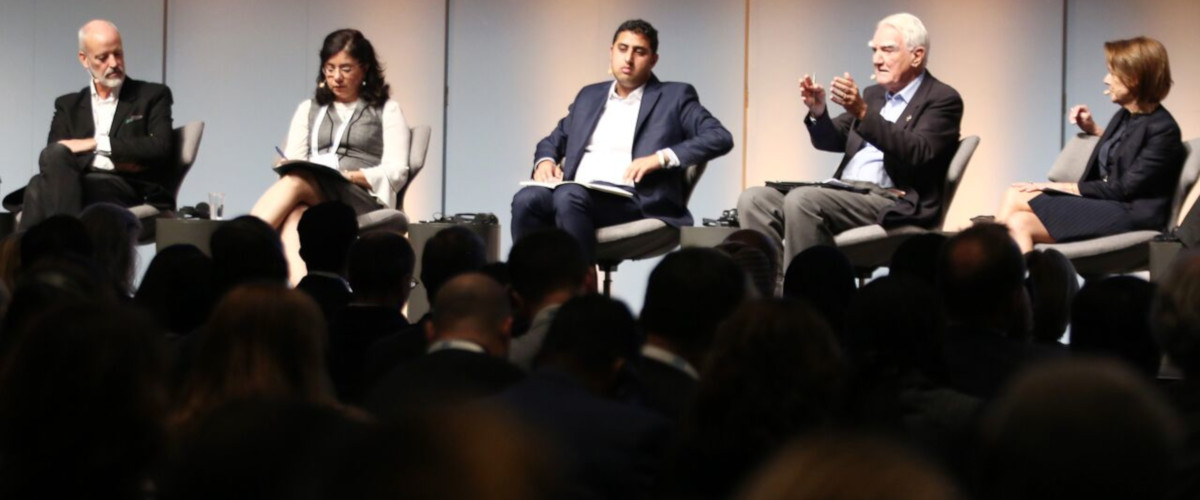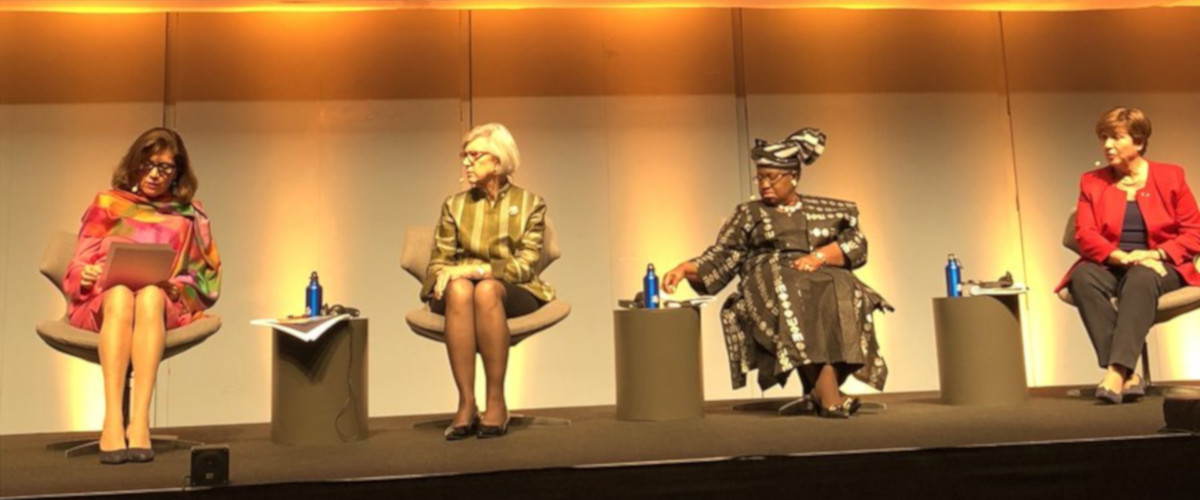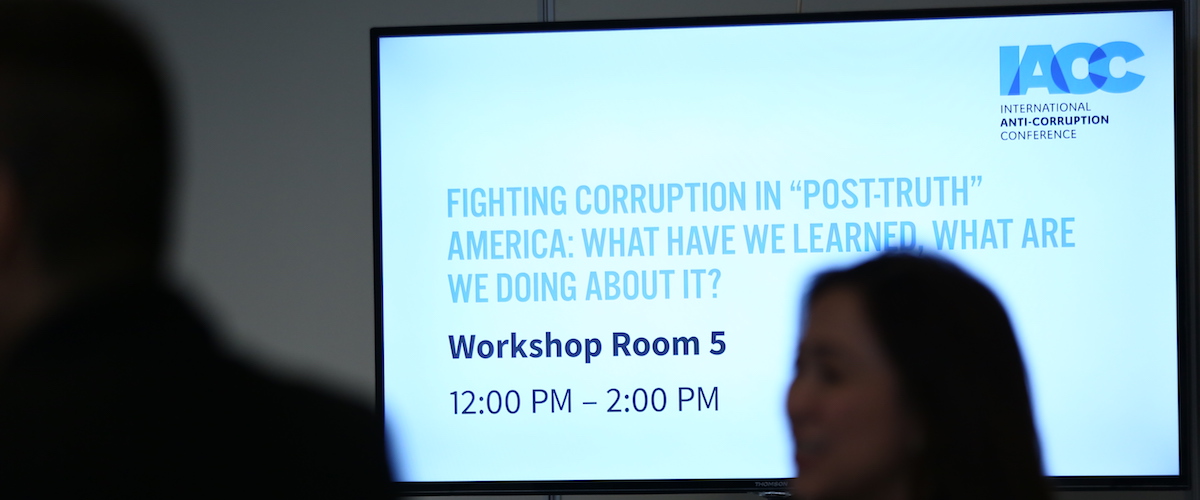Businesses and individuals pay around US$1.5 trillion (around €1.3 trillion) worth of bribes each year, and the developing world loses huge sums of illicit financial flows that totaled more than $1 trillion (around €800 billion) in 2013.
These are some of the figures highlighted during the “Anti-Corruption Contribution to Accelerate Progress on the 2030 Agenda for Sustainable Development” session at the 18th International Anti-Corruption Conference in Copenhagen, Denmark.
According to Global Financial Integrity (GFI), in some cases illegal outflows are 10 times larger than the official development assistance received, taking away from the resources needed to put an end to poverty by 2030. Sub-Saharan Africa is especially hard hit, with outflows ranging from 5.3 percent to 9.9 percent of total trade in 2014, a ratio higher than any other geographic region included in the GFI report.
This is detrimental to macroeconomic stability and negatively affects efforts to increase investment, employment, and production. It also compromises citizens’ confidence in the judicial system, political establishment, and economic institutions.
While there’s a general consensus that progress has been made in the fight against corruption, two key challenges remain: how to strengthen the links between anti-corruption initiatives and development, peace and security programs; and how to move from commitment to action.
When corruption undermines the checks and balances that protect our societies, it threatens peace and security at the national, regional and international level. More than 1.8 billion people currently live in areas affected by conflict, violence and fragility. This figure is expected to reach 2.3 billion by 2030 unless current trends reverse. Immediate action is therefore crucial, said the panelists, with international cooperation being key, along with a common agenda across developing, emerging and developed countries.


